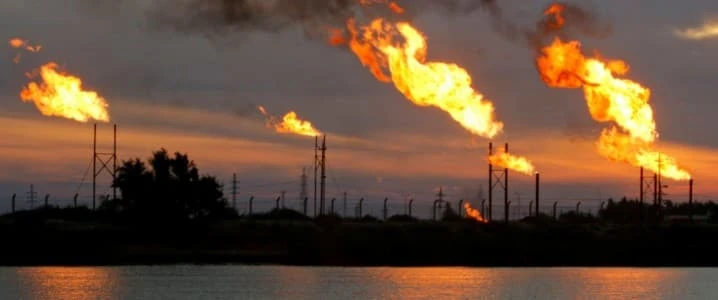Libya’s Oil Production Drops By 200,000 Bpd

Libya’s crude oil production has declined by more than 200,000 barrels per day (bpd) in recent days, or by almost 20 percent, on the back of pipeline leaks and maintenance at the biggest oilfield, Bloomberg reported on Wednesday, quoting sources familiar with the situation.
Libya has reduced this week oil production at fields operated by Waha Oil Company, due to leaks on the pipeline connecting the oilfields to the oil export terminal, Mustafa Sanalla, chairman of the National Oil Corporation (NOC), said during an online conference, as quoted by Bloomberg.
In addition, maintenance at Libya’s biggest producing field, Sharara, has also cut production there over the past two weeks, Sanalla added.
In total, it is estimated that Libya’s oil production may be currently down by over 200,000 bpd from around 1.1 million bpd it is expected to have pumped in May.
On Tuesday, sources told Arab energy outlet Attaqa that Libya might need to shut in around 60,000 bpd of oil production after the pipeline carrying crude from the Al-Samah oilfield to the Es Sider port leaked.
The pumping operations at the field may need to be stopped, an oil engineer at the site and a source at Waha Oil Company told Reuters Reuters .
A previous leak in the pipeline was controlled on Monday, but it leaked again today, the engineer told Reuters.
Due to insufficient investment in the repair and maintenance of oil infrastructure, Libya has had to contend with pipeline leaks in recent years.
A leak forced the shutdown of an oil pipeline carrying crude to the Es Sider oil port in January, reducing oil production by as much as200 000 bpd for a week.
Compared to last year’s eight-month-long blockade that crippled Libya’s oil production and exports, output has been relatively stable so far this year, but minor disruptions continued.
According to NOC’s Sanalla, “The NOC is facing tremendous challenges in the rehabilitation and restoration of oil installations,” because of a lack of funds and the still-fragile security situation in Libya.




